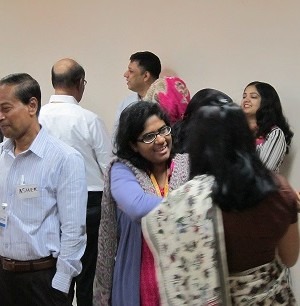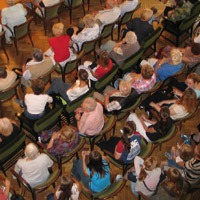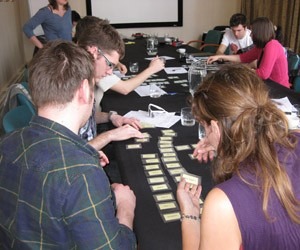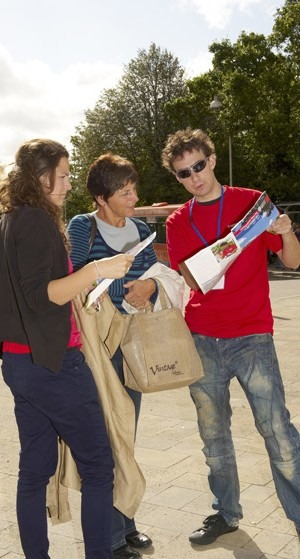Public engagement training for CDT students
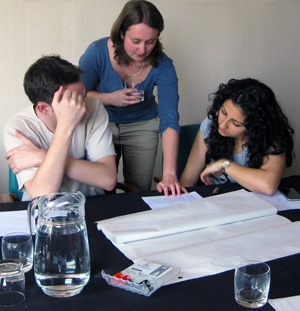
Through the Training Group we are providing accredited public engagement training for 5 cohorts of PhD students at the University of Bath’s EPSRC Centre for Doctoral Training (CDT) in Sustainable Chemical Technologies. We are providing a programme of training and support which includes formalised teaching sessions, an annual summer school, dedicated masterclasses and on-going mentoring.
The University of Bath was awarded funding to develop a Centre for Doctoral Training (CDT) in Sustainable Chemical Technologies. In an effort to embed public engagement into the PhD programme, The Training Group was written into the bid as the named provider of an accredited PE module.
We are providing training for five cohorts of PhD students, each of which receives two years of formal training, followed by on-going mentoring. The first year takes the form of a formalised assessment process. It is delivered in three stages, from an induction session to a full week long summer school and is followed by on-going support to help the students develop and deliver activities at a science festival, (such as science busking activities at Cheltenham Science Festival). During the festival, students are observed by members of The Training Group in order to assess their progress.
In year 2 the students are provided with a refresher session, a session on grant writing and are asked to identify subject areas for three masterclasses, focusing on the areas of Public Engagement they would like to explore further. Once support needs are identified we develop three masterclasses, bringing in external experts to help us deliver these. Running alongside this training, the students are supported to participate in a grant application process – planning and delivering their own PE projects related in more depth to their own areas of research. There is genuine funding available, to run small-scale activities, for those students who successfully apply.
The next three years of each PhD programme involves on-going mentoring and support, using an online workspace to communicate and share resources.





